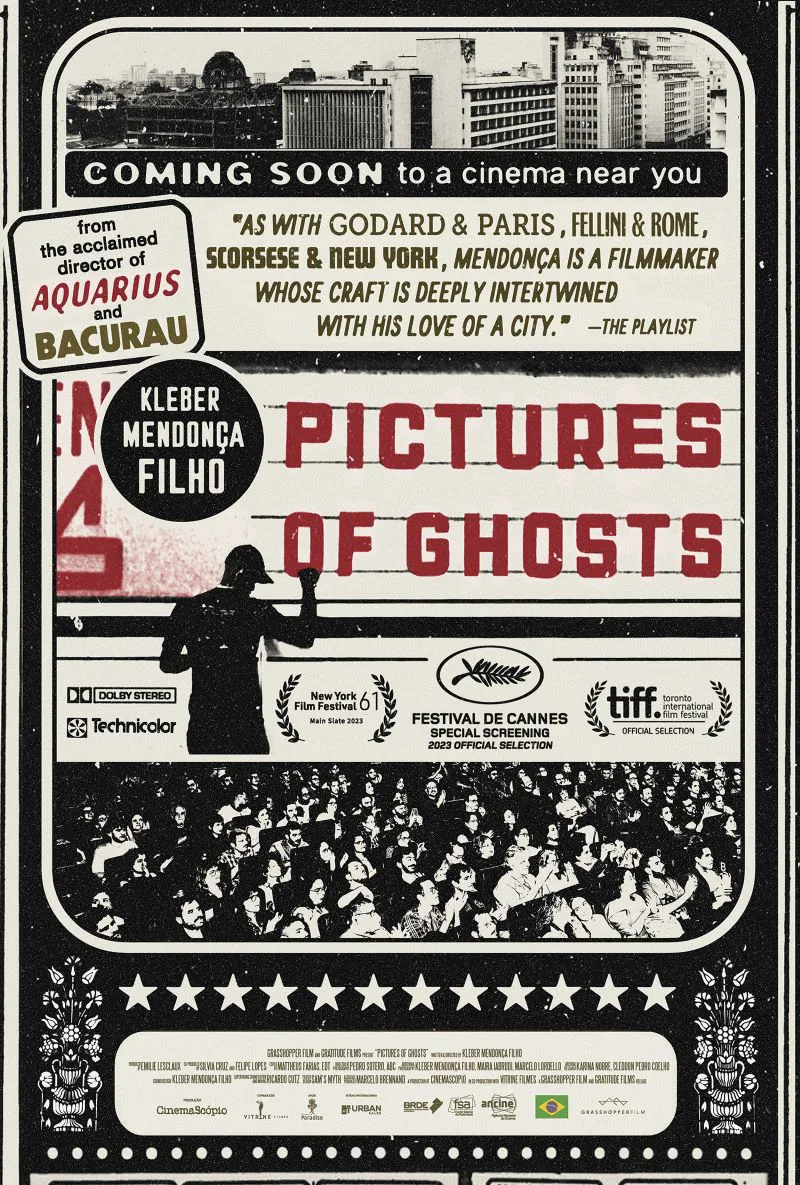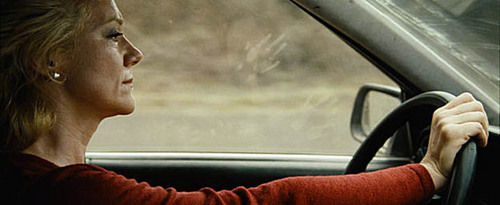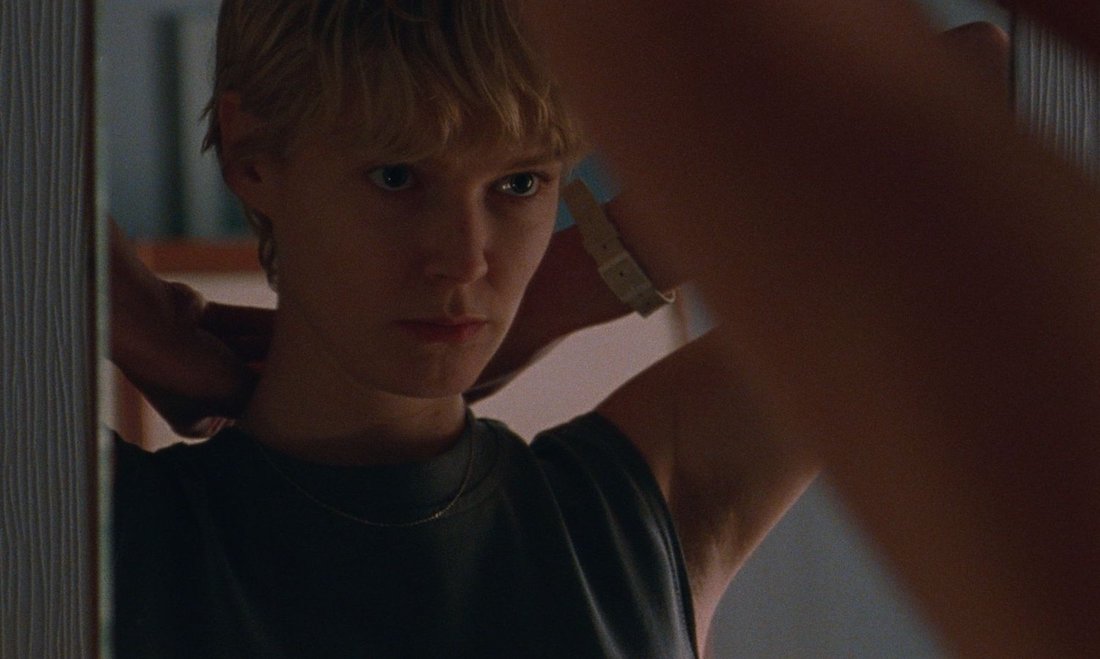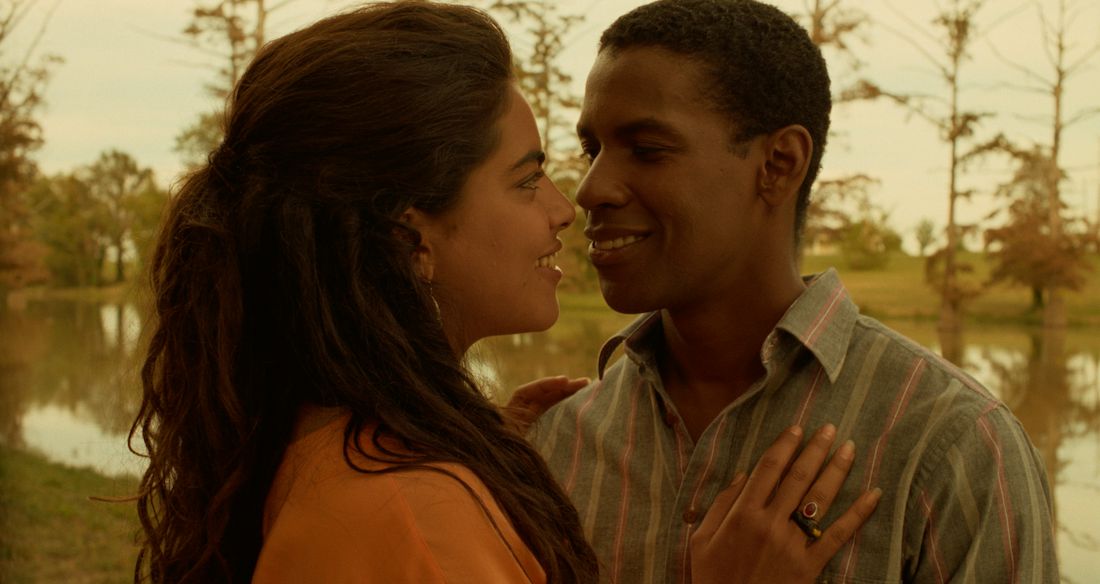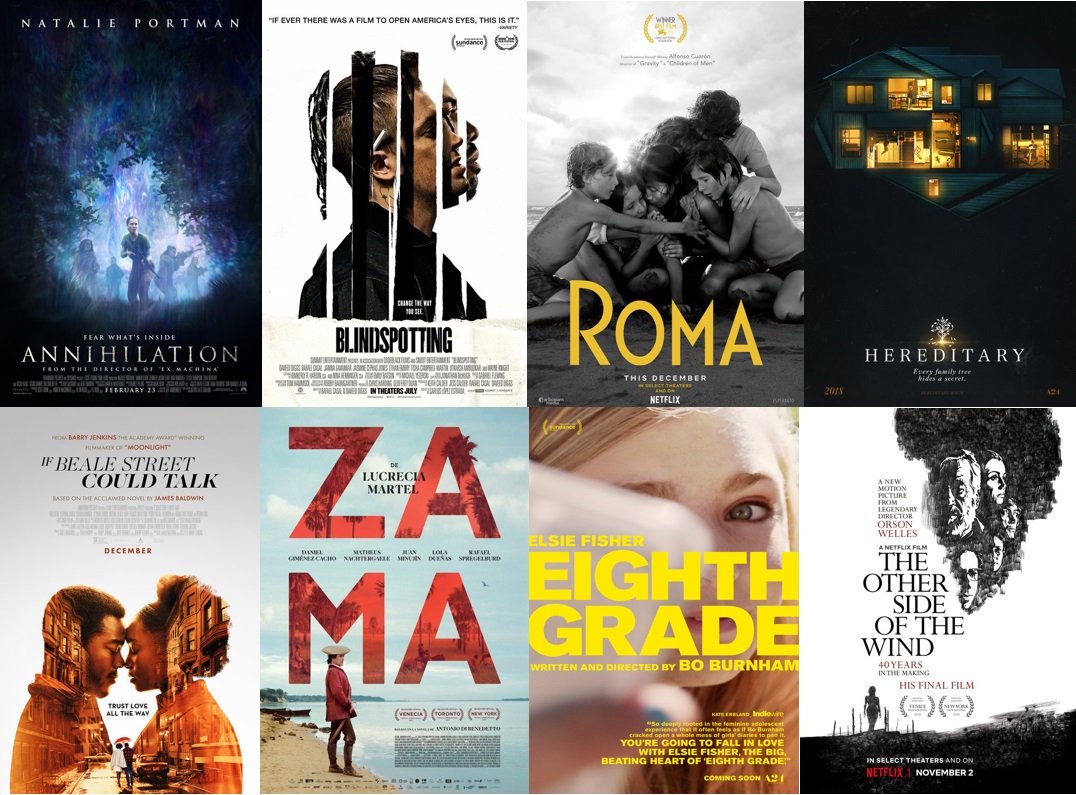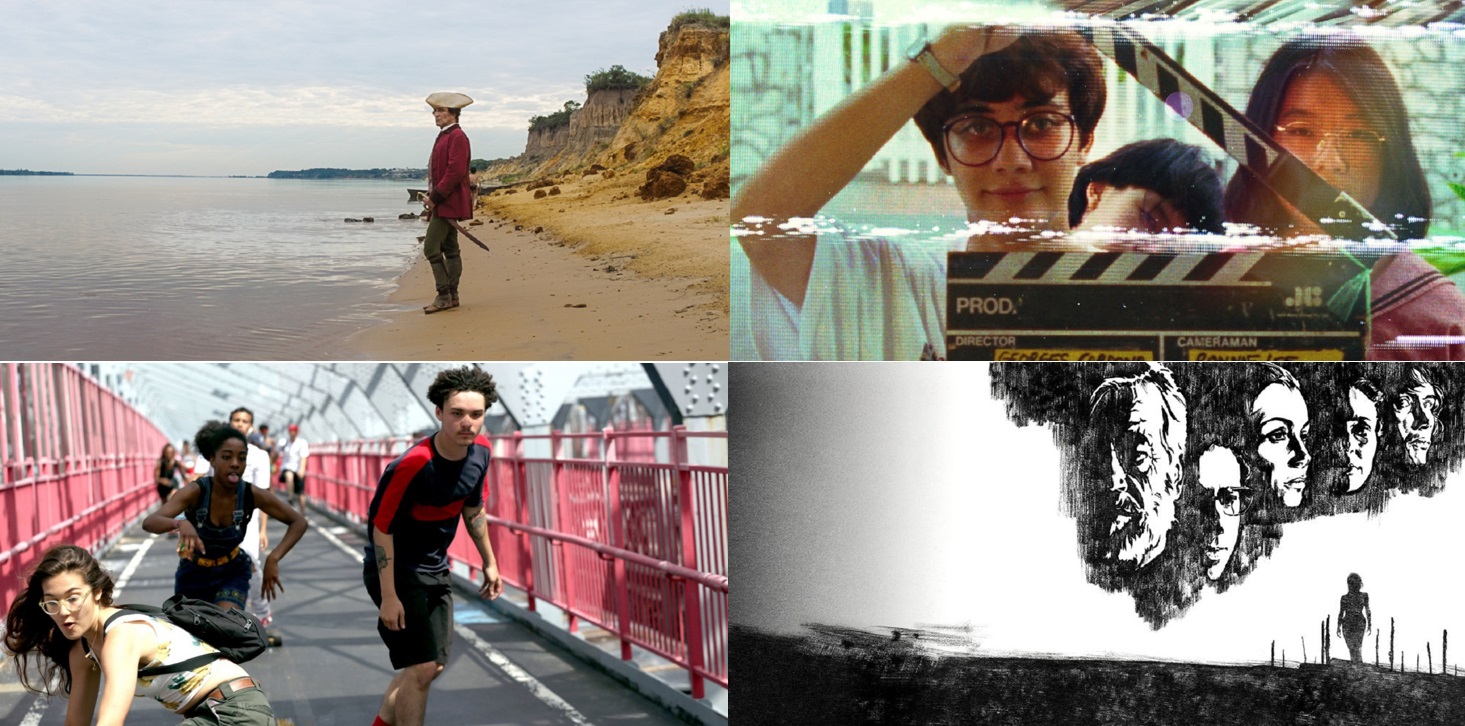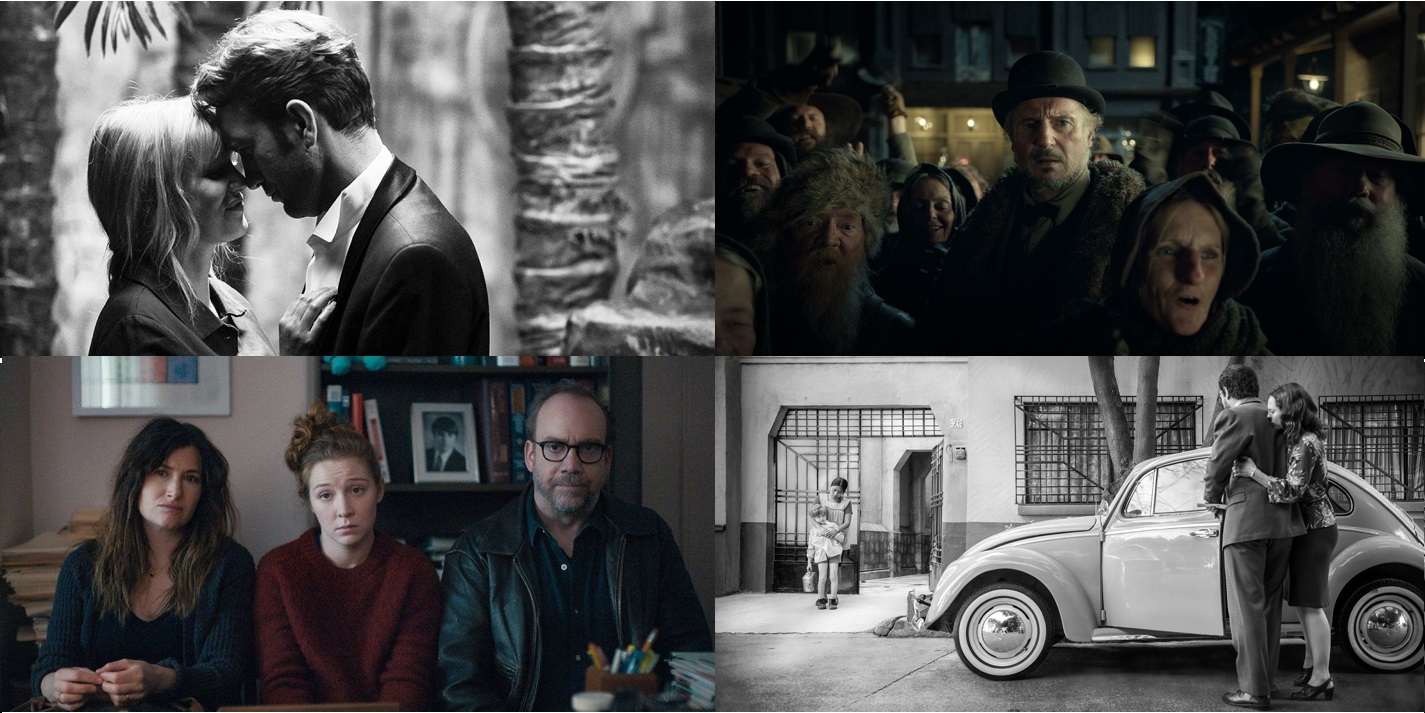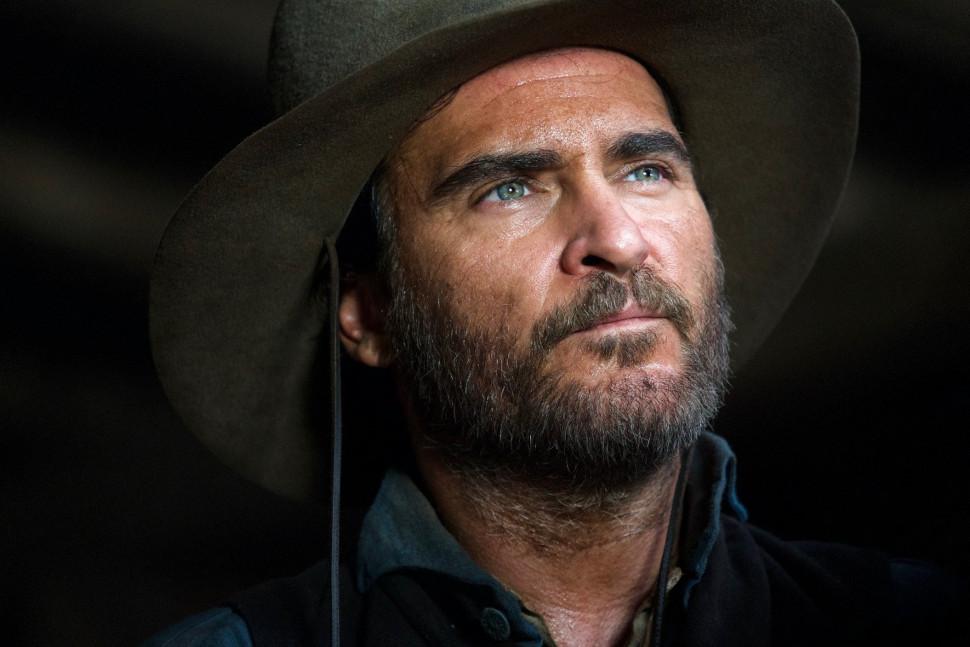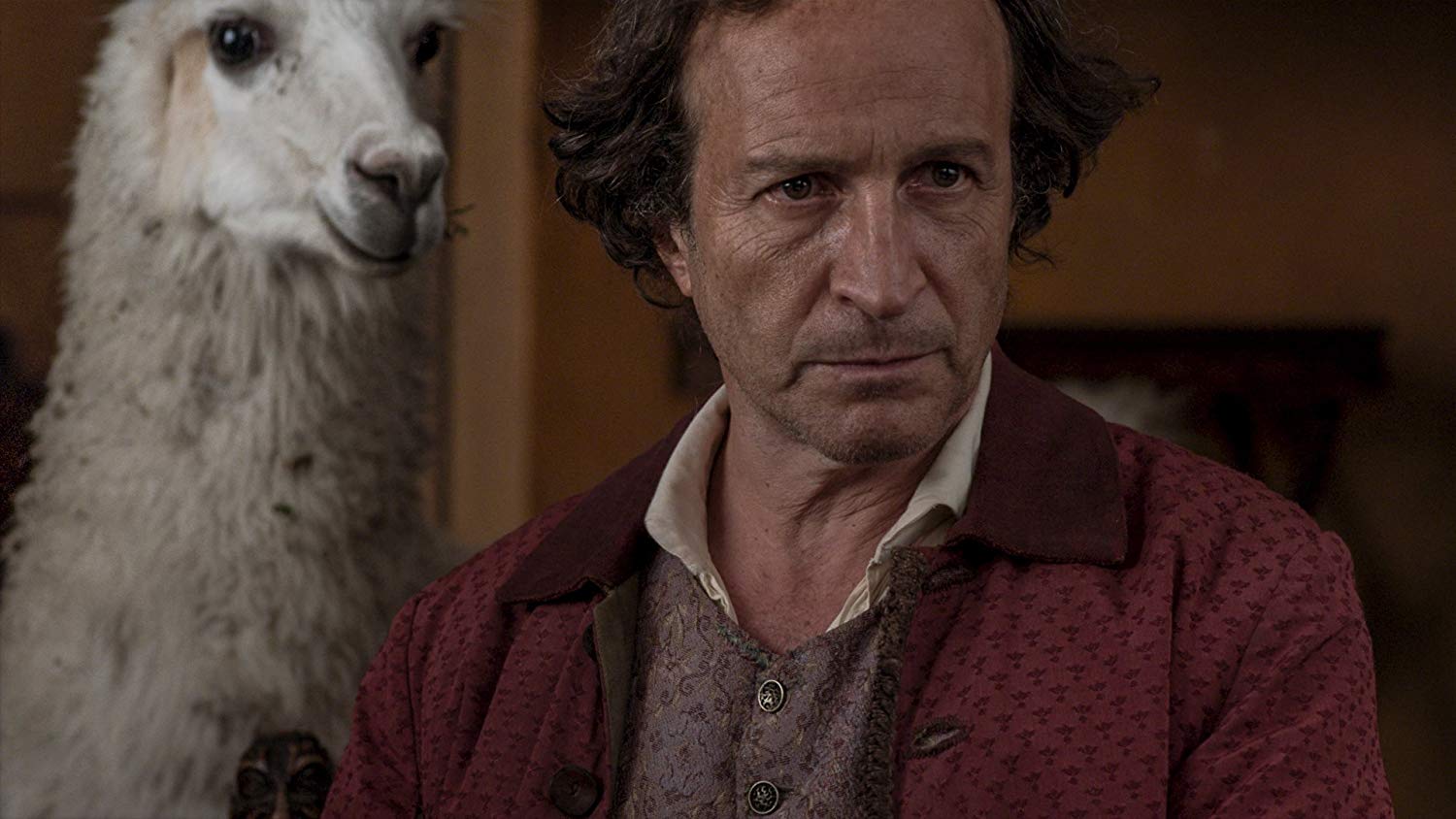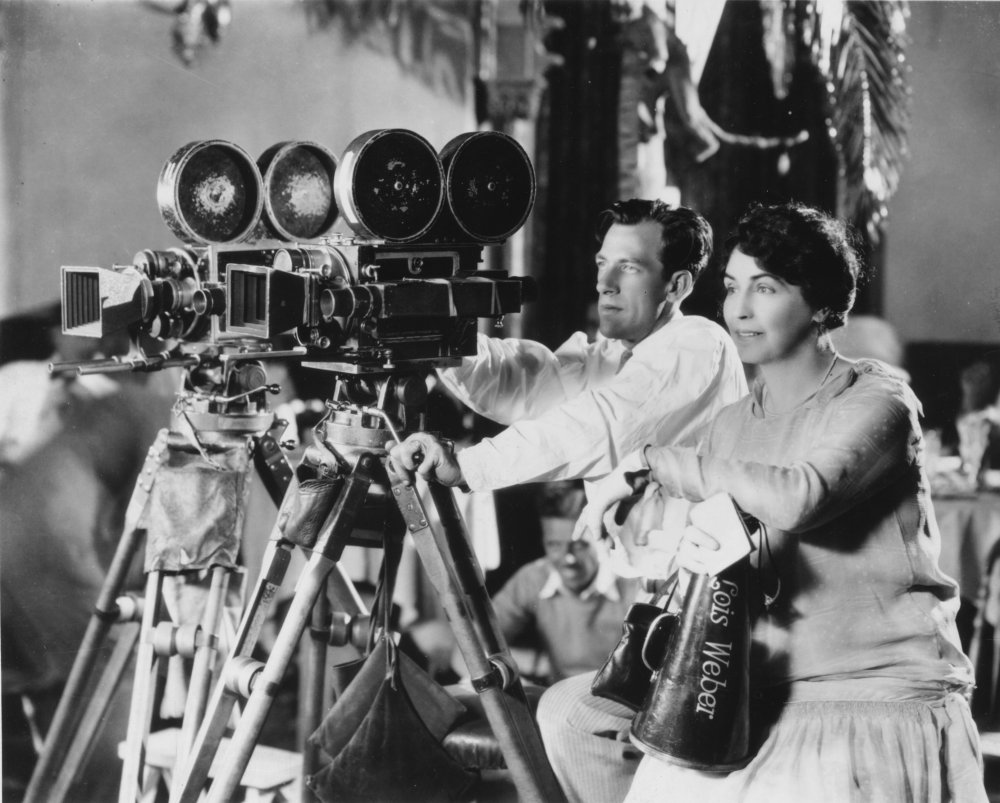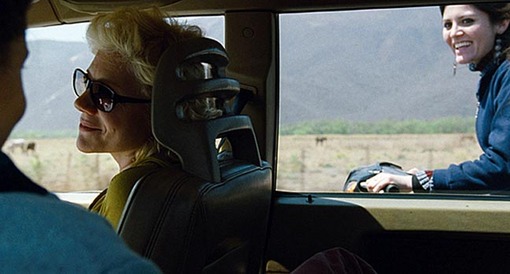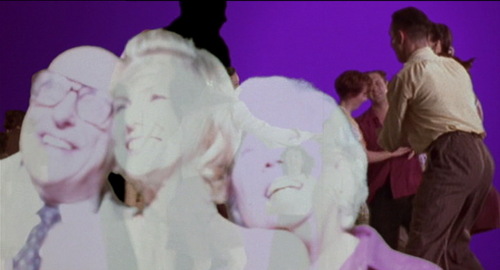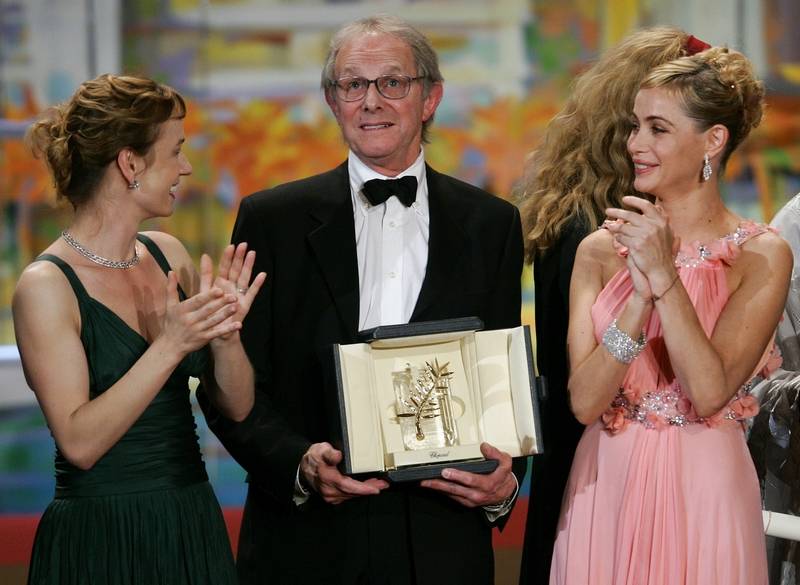Lucrecia Martel Movie Reviews
Blog Posts That Mention Lucrecia Martel
VIFF: Memories of murder… (?)
Jim Emerson
NYFF 25: The Currents, Gavagai, Is This Thing On?
Monica Castillo
Venice Film Festival 2025: Remake, Nuestra Tierra, Kim Novak’s Vertigo
Brian Tallerico
Female Filmmakers in Focus: Sierra Falconer on “Sunfish (& Other Stories on Green Lake)”
Marya E. Gates
Fantasia 2025: Mother of Flies, The Virgin of the Quarry Lake, Foreigner
Clint Worthington
Female Filmmakers in Focus: Maura Delpero on “Vermiglio”
Marya E. Gates
Female Filmmakers in Focus: Georgia Oakley on Blue Jean
Marya E. Gates
Female Filmmakers in Focus: Kelly Reichardt on Showing Up
Marya E. Gates
Female Filmmakers in Focus: Mira Nair on Mississippi Masala
Marya E. Gates
Venice 2019: Roman Polanski’s J’Accuse
Glenn Kenny
The Individual Top Tens of 2018
The Editors
Glenn Kenny’s Top Ten Films of 2018
Glenn Kenny
Monica Castillo’s Top Ten Films of 2018
Monica Castillo
Venice Film Festival 2018: The Sisters Brothers, La Quietud
Glenn Kenny
Home Entertainment Consumer Guide: August 16, 2018
Brian Tallerico
Venice Film Festival 2017: “Our Souls at Night,” “Brawl in Cell Block 99,” “Zama”
Glenn Kenny
The Most Influential Filmmakers of All Time
Emma Piper-Burket
No Home Video: On Women-Directed Films
Tina Hassannia
Ebertfest to Welcome Jason Segel, Chazz Palminteri and More
Chaz Ebert
When “I get it!” means “I don’t get it!” — and vice-versa
Jim Emerson
Jim’s favorite movies of 2009: The movie
Jim Emerson
More film polls: Top 150 of Decade, Top 160 of 2009…
Jim Emerson
The Return of the Autobiographical Dictionary of Film
Jim Emerson
Cannes #9: ‘Barley’ d’Or
Roger Ebert
Popular Reviews

The best movie reviews, in your inbox
